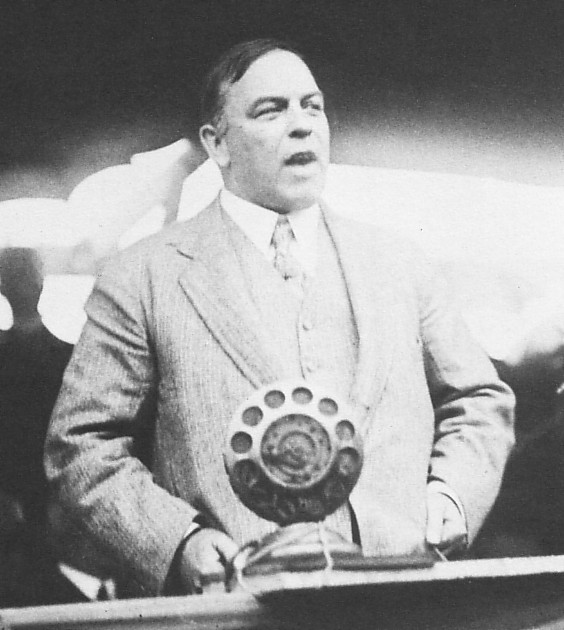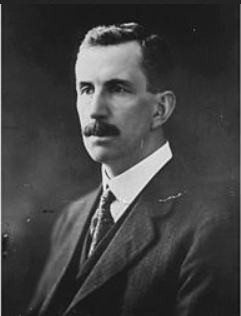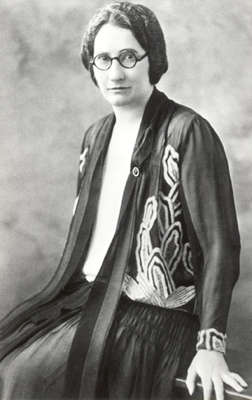In 1918, Borden and the Unionist government were faced with a crisis in conscription. Large numbers of conscripts were claiming exemption under Borden’s initial promise to protect farmers and farm workers. Given the shrinking pool of manpower, the program was unsustainable and was abandoned. In 1919, Sir Wilfrid Laurier, Canada’s elder statesman and long time Liberal leader, died. In 1920, faced with an impending election which he seemed unlikely to win Borden resigned and handing over to Arthur Meighen. Meighen had been a member of Borden’s cabinet for over seven years and could not escape the record of his predecessor. After ten years in power, the Conservatives were a spent force. A dismal economy, accusations of incompetence and corruption marked the liberal attack. Although Meighen tried desperately to hold onto the union mantle, the Liberals largely returned to the fold under the new leadership of William Lyon Mackenzie King. Anger over conscription in Quebec, high tariffs and a broken promise to farmers in the west led to a crushing defeat. The election also marked the emergence of a third party and a minority government for the first time in Canada. Although loosely organized, the Progressives based in the West and rural Ontario emerged with more seats than the Conservatives. Led by the dynamic Thomas Crerar, the party was a collection of very independent members without any clearly defined policies beyond opposition to the government. The fractious party declined the role of official opposition.
Votes for Women
The suffrage movement first met success in the west with the three prairies provinces extending the vote to women in 1916. British Columbia and Ontario followed in 1917. The special wartime provisions that permitted some women to vote in 1917 federal were extended to all women in 1918. In 1921, Agnes Macphail became the first woman to be elected Member of Parliament.



